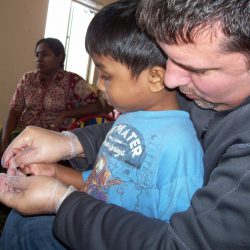Refugee Lead Poisoning Study

Dates of Program
2008
Field of Work
A door-to-door study of two apartment complexes housing a large number of newly arrived Burmese refugees with lead poisoned children to identify the source of lead poisoning exposure.
Problem Synopsis
Several Burmese children living in lead-free housing in Fort Wayne were found to have unusually high and dangerous levels of lead and arsenic toxins in their bodies. Previous testing at the apartment complexes had shown the properties to be lead-free. The source of the lead and arsenic was unknown, and initial inquiries had been unsuccessful. More intense research was needed to identify the source and prevent further exposures to these substances which were known to cause long-term health problems and even death.
Synopsis of Work
In 2002 the St. Joseph Community Health Foundation began working with the Fort Wayne-Allen County Department of Health and the Centers for Disease Control on the issue of Lead Poisoning Prevention in the community which was adversely affecting many low-income children living in older housing stock with lead paint. When this issue was identified in 2008, the Foundation’s Lead Poisoning Prevention Coordinator was able to organize community volunteers, especially trusted bi-lingual interpreters, to assist with interviewing the primarily Burmese refugee families. The volunteers worked alongside staff from the Centers for Disease Control (CDC), the Indiana State Department of Health, and the Fort Wayne-Allen County Department of Health to conduct an intensive door-to-door survey of all residents with children living in the two identified apartment complexes. The research included detailed questionnaires of family habits as well as an environmental inspection and blood tests for all children 6 and younger. The study revealed that two commonly used Burmese home remedies, Daw Tway and Daw Kyin, were being imported to improve digestion in young children. However, these two home remedies were actually found to contain dangerously high levels of lead and arsenic toxins.
Primary Partners
- St. Joseph Community Health Foundation (Coordination of Volunteers and Interpreters/Translation of Educational Materials)
- Centers for Disease Control (CDC) (Study Staffing, Research Analysis and Result Dissemination)
- Indiana State Health Department (Study Staffing and Lab Analysis)
- Fort Wayne-Allen County Health Department (Study Staffing)
- Autumn Woods and Brendonwood Apartment Management
- Many Burmese community volunteers
Key Results
- Two Burmese home remedies, Daw Tway and Daw Kyin, were found to contain lead and arsenic toxins.
- These products were banned from manufacture and sale both in Burma and the U.S.
- Many Burmese refugees nationwide were educated to avoid this hazard.
- The Foundation was recognized with the Lead Safe Indiana Award in 2008 for their help with this Study.
Recent Stories
- Supporting sustainability in local food networks to improve access to nutritious food
- Helping non-English speakers find their voice
- Listening to the needs of our community
- Catholic Sisters visit Fort Wayne and revisit a history of service
- $170,600 grant supports resilience and accessibility in the local food system
